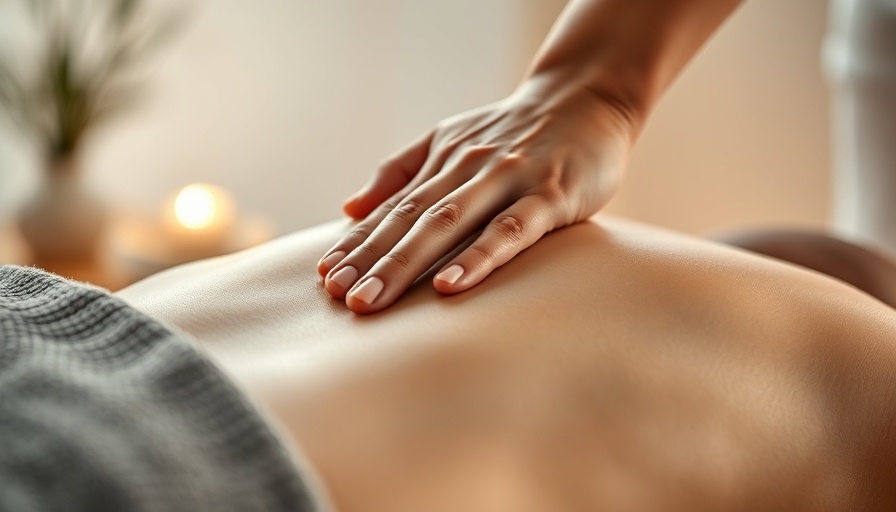
Revamping Thai Massage Industry Standards
Thai massage, an esteemed component of UNESCO's intangible cultural heritage list since 2019, has been experiencing a call to elevate its standards. Despite its global acclaim, recent unfortunate incidents have spotlighted the need for tighter regulations and enhanced training.
Addressing Safety Concerns and Licensing
Amidst incidents that caused public alarm, such as the death of Thai singer Chayada Prao-hom and a Singaporean tourist in December 2024, experts like Mr. Yongsak Tantipidoke from the Health Systems Research Institute are advocating for nationwide standards in massage parlours. The emphasis is on ensuring that operators acquire proper licensing to avoid severe penalties—up to six years in jail or a 50,000 baht fine for non-compliance.
Enhancing Confidence with Regular Certification
Mr. Tantipidoke further recommends implementing a renewal system for massage certification every five years to keep masseuses updated on current best practices and regulations. This initiative is backed by Health Minister Somsak Thepsuthin, who has a dedicated policy to uplift the standard of Thai massage, thereby fostering greater customer confidence and promoting it as a credible alternative treatment method.
Professional Growth Through Specialized Skills
The Thai Traditional Medical Council, the Department of Health Service Support, and the Department of Thai Traditional and Alternative Medicine are fast-tracking efforts to enhance masseuses’ proficiency. By mastering treatments for specific conditions like myofascial pain syndrome and trigger finger, practitioners can increase their earning potential while ensuring better care for their clients.
Historical Context and Background: The Rich Legacy of Thai Massage
For centuries, Thai massage has been rooted deeply in traditional medicine, blending influences from Ayurveda, yoga, and ancient healing practices. This rich legacy signifies not only a well-being-centered therapy but also a cultural treasure that the country continues to uphold. Its evolution from a therapeutic discipline within sacred temple walls to a global phenomenon is noteworthy, showcasing how past traditions adapt to meet modern demands.
Future Predictions and Trends: Towards a Regulated Wellness Industry
Looking ahead, the Thai massage industry is poised for growth with a forecasted revenue of 200 billion baht annually. As regulation tightens and training programs become more robust, this sector may lead as a model of blending traditional wisdom with contemporary health standards. Practitioners worldwide may soon witness similar regulation trends, propelling the global wellness industry towards more structured and secure practices.
 Add Row
Add Row  Add
Add 




 Add Row
Add Row  Add
Add 

Write A Comment